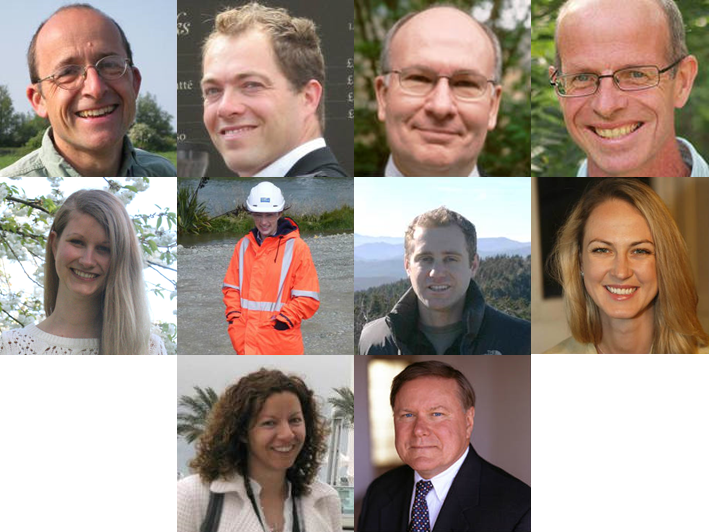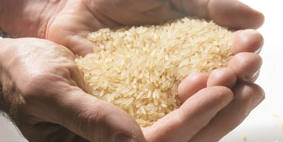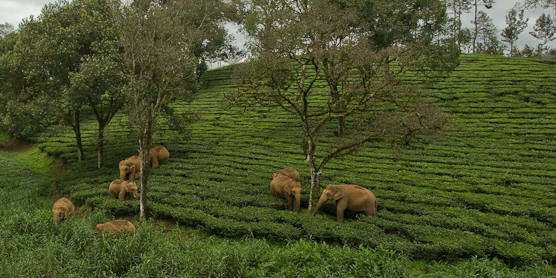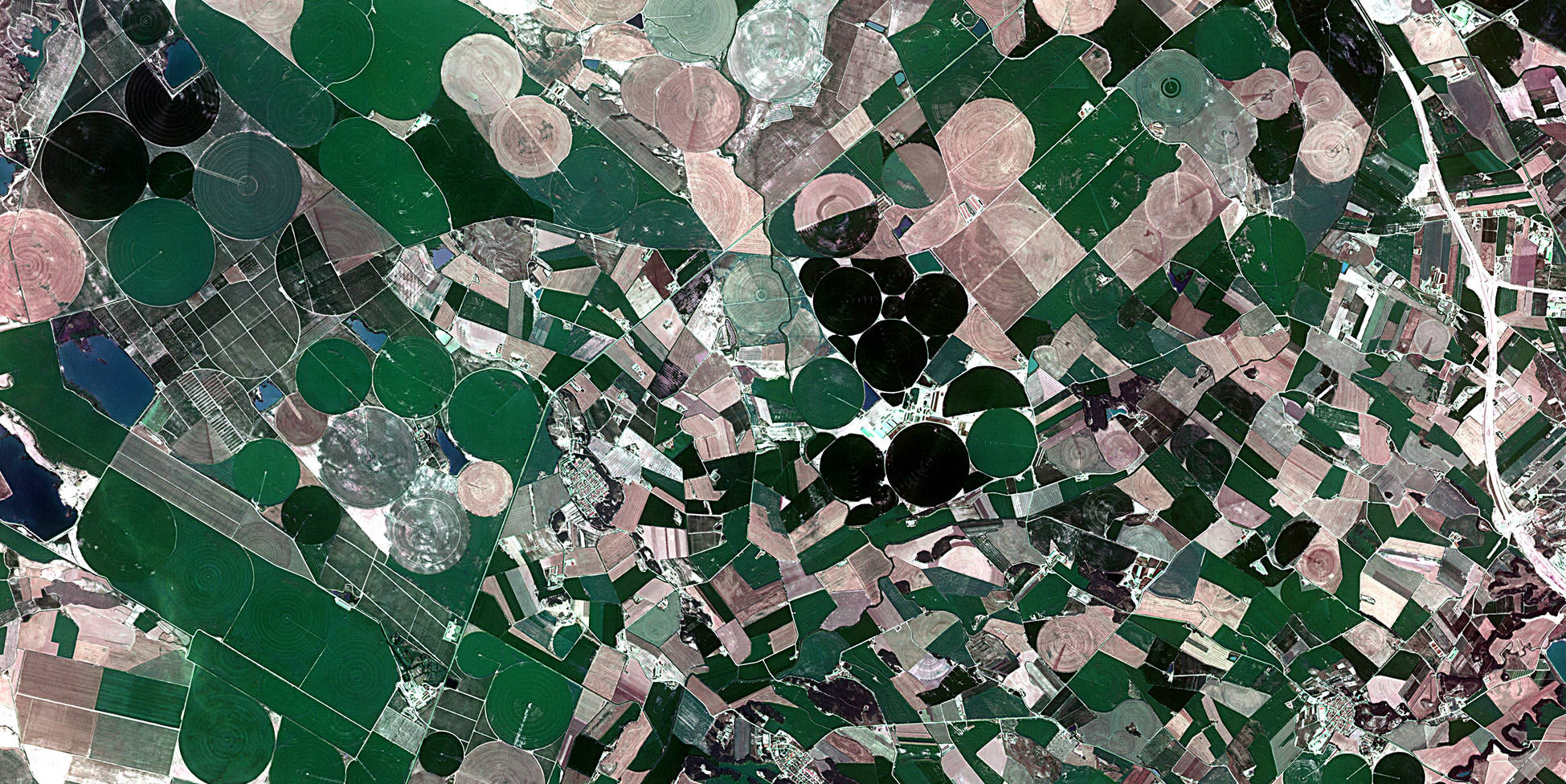
In January, the meeting asked 'Does the way we think need to change?' and the three witnesses helped us to explore new ways of thinking about the impact of land use change on the supply of natural resources and drivers behind the demand for them.
Professor Charles Godfray, Hope Professor and Director of the Oxford Martin Programme on the Future of Food at Oxford University joined Dame Georgina Mace, Professor of Biodiversity and Ecosystems and Director of the Centre for Biodiversity and Environment Research (CBER) at UCL, and Dr David Nally, a Senior Lecturer in Human Geography in the Department of Geography.
This month, Michael Ramage from the Department of Architecture, Professor Andrew Balmford from the Department of Zoology, Dr Will Simonson from the Global Food Security Initiative and Dr Roger Mitchell from the Cambridge Conservation Forum joined Therese Rudebeck, Kristen MacAskill, Dr Jon Green, Elena Kazamia and Dr Konstantina Stamati from the Parallel Forum to help us to question the witnesses. Professor Charlie Kennel from the Scripps Institution of Oceanography also joined us for dinner.
Research gaps
Charles focussed on food production and as “now is the endgame on land allocation”, production on existing land needs to be expanded through intensification. He argued that other competing land uses such as those for bioenergy production are not as important and should therefore be curtailed and food production through sustainable intensification must be prioritised. During the open discussion, he stressed that in his view, diet is a "small player" in the challenge to meet food demand. Instead, the macroeconomics of food and developing win-win scenarios for biodiversity and for food production should be our focus.
Georgina finds the current way of framing discussions about land use too narrow and argued that there is a need to put the discussion in broader context that looks at the entire suite of benefits that we get from the land. She does not see the need to view biodiversity as something that we have to tension food production against. Instead, we need a more sophisticated view of both the demand side from society and the supply side from ecosystems and to find ways to overlay them onto each other at relevant spatial and geopolitical scales so that we can harness all the benefits that ecosystems can provide. She wants to see a renewed focus on the regulating and cultural benefits of ecosystems and how to manage these in concert with provisioning services to increase the capacity of landscapes to support resilient & productive human societies.
David’s introduction also focused on framing, particularly the framing of the global food security debate. He argued that myths surrounding food security overlook the underlying structural dynamic that causes hunger and starvation in the first place, indicating that the efforts are in the best case only treating the symptom of the problem – the amount of food available - and in the worst case making matters worse by assuming technology can fix the problem. He led a series of small group discussions in the Parallel Forum and they agreed that the assumption 'more people = more requirement for food' is a simplification and may even be used to make people fearful and justify inappropriate use of land.
Wicked problems and questions generated by the open discussion
This month, some argued strongly that addressing food distribution was crucial to food security whereas other meetings have focused more on food production or consumption. Are we in danger wrestling with artificial distinctions and how can we think about questions and narratives that address and leverage change across all of them?
Within any discipline, there is a tendency to simplify a solution and bring it into a framework that it is familiar with so social scientists will generate one solution, political scientists another. If we are going to either look at a landscape scale or for place-based solutions and policies, how can we escape from this way of thinking in silos and get to the heart of the problem?
The ‘elephant in the room’ in food security discussions is always consumption. This prompted David to ask - is development about raising the floor or lowering the ceiling?
Food supplies and markets: how can we manage land to ensure that it delivers what it does best, at the right time in the right place as well as providing other benefits?
How do the local or the micro-level needs and issues of ‘sustainable intensification’ link with concerns at the global, macro level?
References for background reading
T. Garnett, M. C. Appleby, A. Balmford, I. J. Bateman, T. G. Benton, P. Bloomer, B. Burlingame, M. Dawkins, L. Dolan, D. Fraser, M. Herrero, I. Hoffmann, P. Smith, P. K. Thornton, C. Toulmin, S. J. Vermeulen, H. and C. J. Godfray (2013) Sustainable Intensification in Agriculture: Premises and Policies. Science, 341, 33-34
G.M. Mace (2014) Whose conservation? Science, 345, 1558-1560
D. Nally (2014), Governing precarious lives: land grabs, geopolitics, and ‘food security’. The Geographical Journal. doi: 10.1111/geoj.12063
For more information about the Forum or this meeting, please contact Dr Rosamunde Almond (r.almond@damtp.cam.ac.uk)






